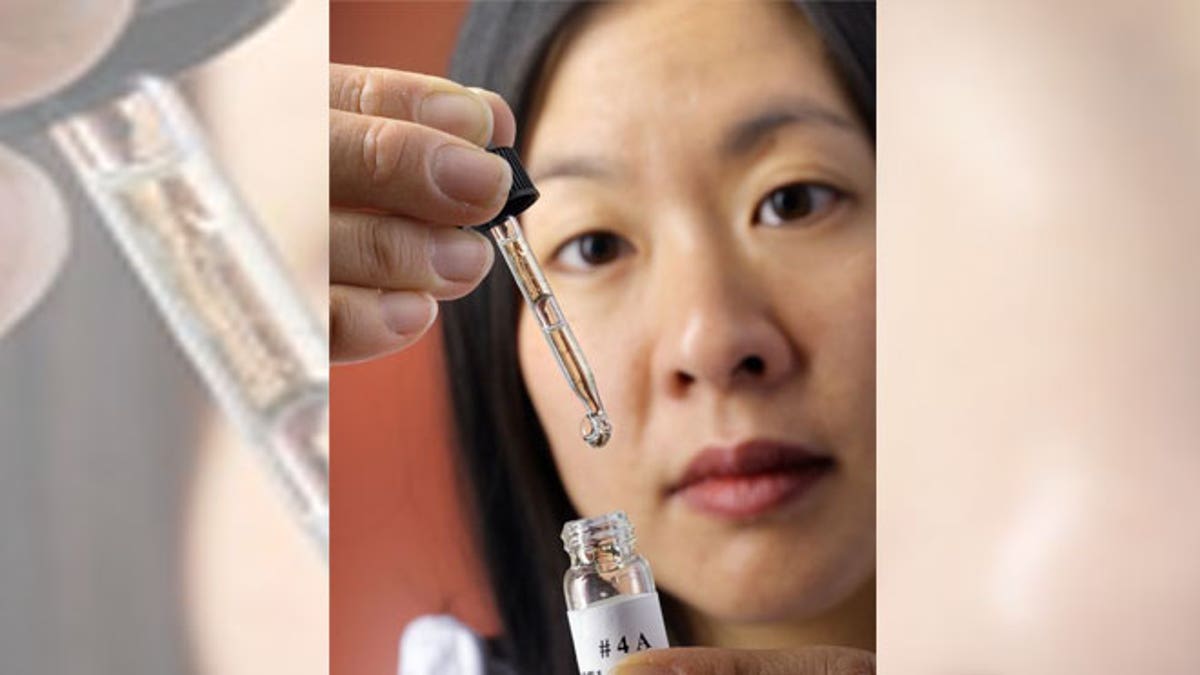
Photo by Keith Weller, Johns Hopkins Medicine
An exciting new study recently released offers allergy sufferers an alternative treatment to traditional allergy shots.
The study, out of Johns Hopkins University School of Medicine was published in the Journal of the American Medical Association. This scientific review of more than 60 published studies on the use of oral allergy drops, in more than 5,000 European patients, proves them to be an effective option in treating allergy symptoms.
The typical allergens used in this review included pollens, dust mites, pet dander and molds.
This could potentially be good news for the 40-plus million allergy sufferers in the United States, especially those who hate getting stuck with a needle.
During the last 70 years, state-of-the-art treatment for allergies has been shots, also known as allergy immunotherapy. By receiving small quantities over time of the exact allergens the patient is allergic to, physicians can reduce and potentially eliminate the patient’s allergies.
But oral allergy drops could be the wave of the future. Allergy drops are similar to shots; however, the allergen is taken underneath the tongue, instead of being injected into the arm.
Children, adolescents and adults who have allergies in the U.S. may find this approach appealing, as the drops can be taken at home, as opposed to the doctor's office.
Researchers cautioned allergy sufferers to weigh the pros and cons of receiving this treatment before making a decision. There are some side effects associated with the oral allergy drops, including itchiness of the mouth, but no life-threatening reactions were reported.
The drops are currently only available in Europe, as well as some other countries abroad. At the present time, there are no companies producing an oral allergy drop in the U.S. that's been approved by the Food and Drug Administration.
In my opinion, it appears likely the sublingual oral allergy drops for treatment of allergic asthma and allergies will be widely available at an allergist’s office near you in the coming years. As always, see an allergist for recommendations on the best course of effective allergy care and treatment.
